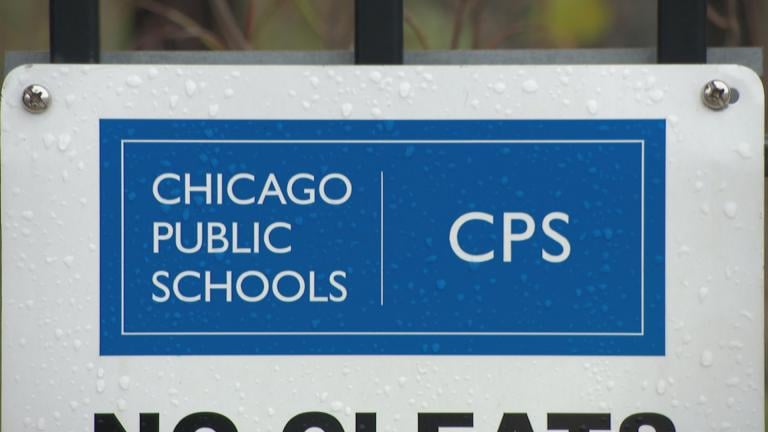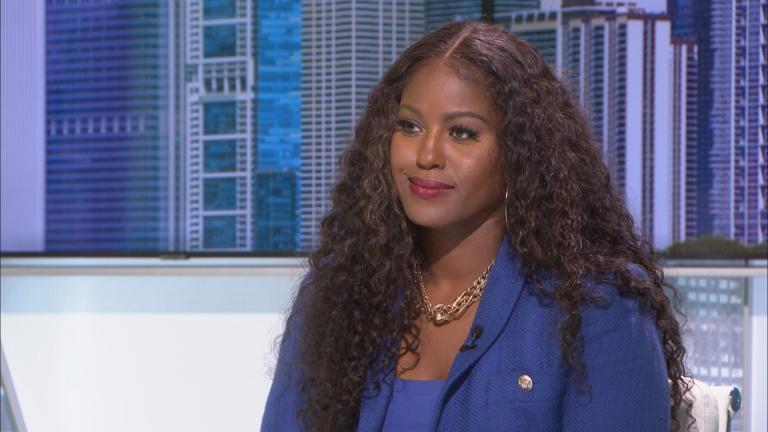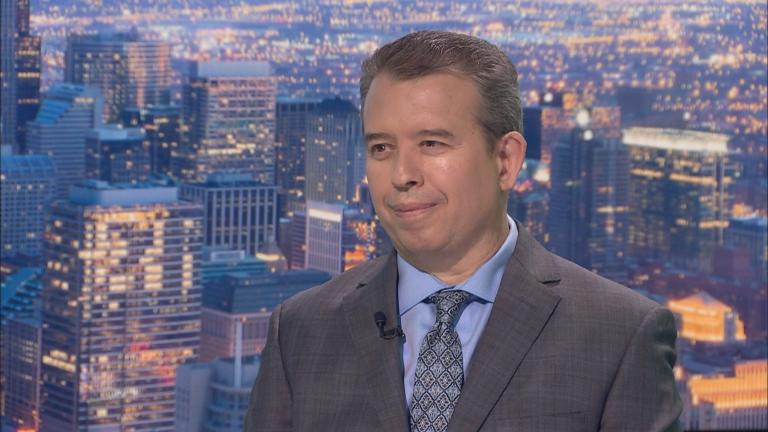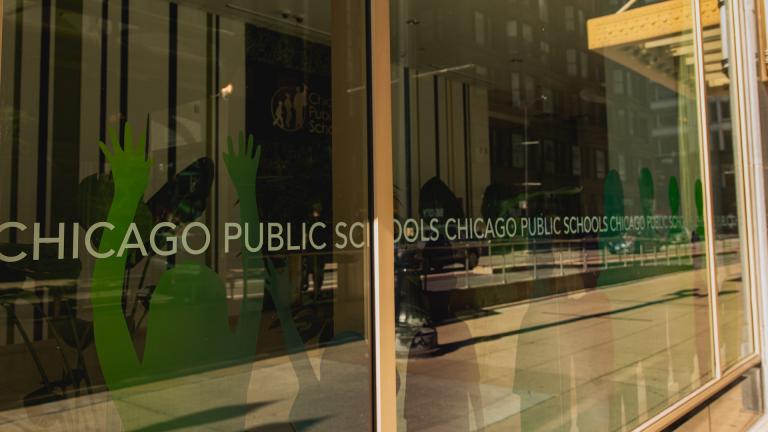Chicago Public Schools CEO Pedro Martinez on Tuesday pushed back against criticism that a new needs-based funding formula will mean some of the city’s highest performing schools will lose resources.
Martinez said the fundamental problem CPS faces is that the district is underfunded by $1 billion under the state’s own funding formula.
“We’re underfunded for pensions,” Martinez said. “We don’t have a dedicated funding for capital. So we’re not a fully funded district. So therefore, we don’t have fully funded schools.”
Under the new funding system, instead of basing funding on the level of student enrollment — as CPS has done for the past decade — the district will guarantee a certain level of resources to all schools. CPS will then allocate additional resources to schools based on an assessment of need.
Selective enrollment and magnet schools that are set to lose resources are pushing back — with at least four schools reportedly voting to reject their budgets in a largely symbolic move.
But Martinez insisted that CPS would support all its schools and noted that the district had added more than 2,000 teachers since the onset of the COVID-19 pandemic and would be protecting those positions.
“For our selective enrollment and magnet schools, their programming is not declining,” Martinez said. “The budgets are tighter, though, and we have to acknowledge that some of those schools will do fundraising to offset that.”
But he said the vast majority of schools would not lose teachers.
“If anything, they’re gaining teachers,” Martinez said. “In some cases, there might be other type of staff they might have to adjust. … We’re not a fully funded district, and so that’s our challenge. We are protecting the funding at the school level. That does mean that we are having to find other ways to make those reductions. We’re going through department budgets; we’re looking at our vendor contracts. We’re trying to find every efficiency that we can.”
CPS is anticipating a budget deficit of $391 million for the coming school year as COVID-19 relief funding runs out. That deficit is expected to rise to $700 million the following year.
Despite there being little apparent interest in Springfield at present in providing additional funding to CPS, Martinez said he ultimately is hoping state lawmakers will step up to the plate before the situation worsens.
“My hope is that our leaders at the state level — they didn’t create this problem — but I think it’s time to partner with us, with our mayor and with our union to really try to solve it,” Martinez said.
“We have to work together to secure more funding from the state,” Martinez said. “I know that the mayor is committed to this. I know (Chicago Teachers Union President Stacy Davis Gates) is committed to this. And so that’s what I’m looking forward to.”








